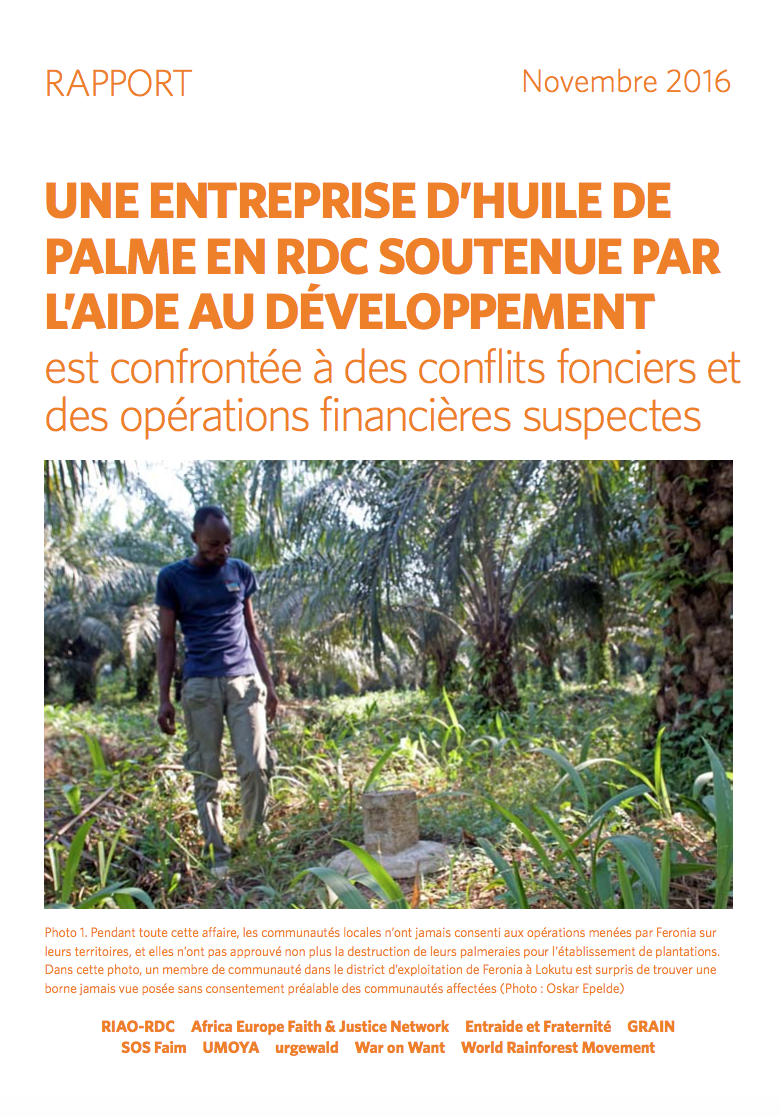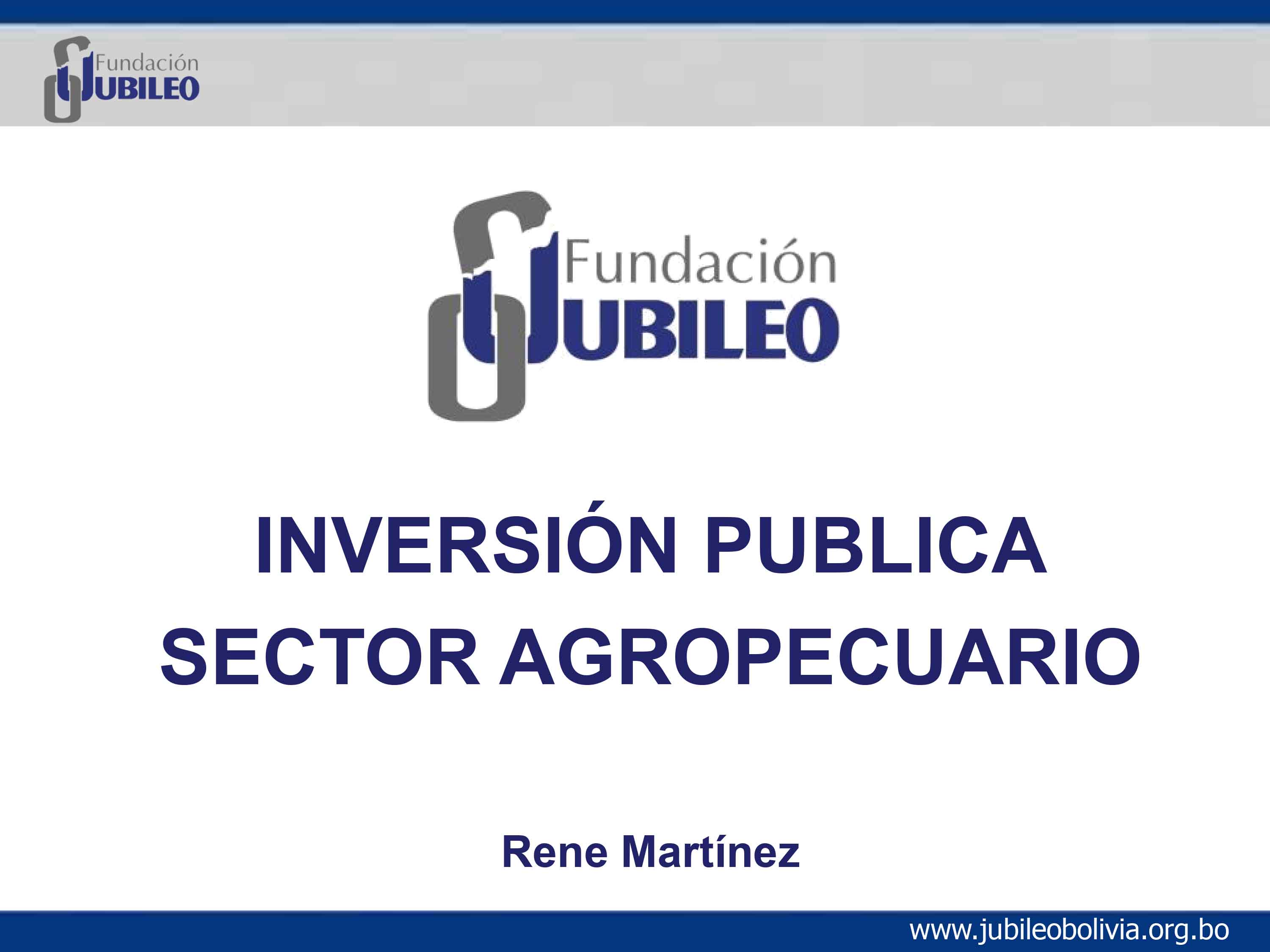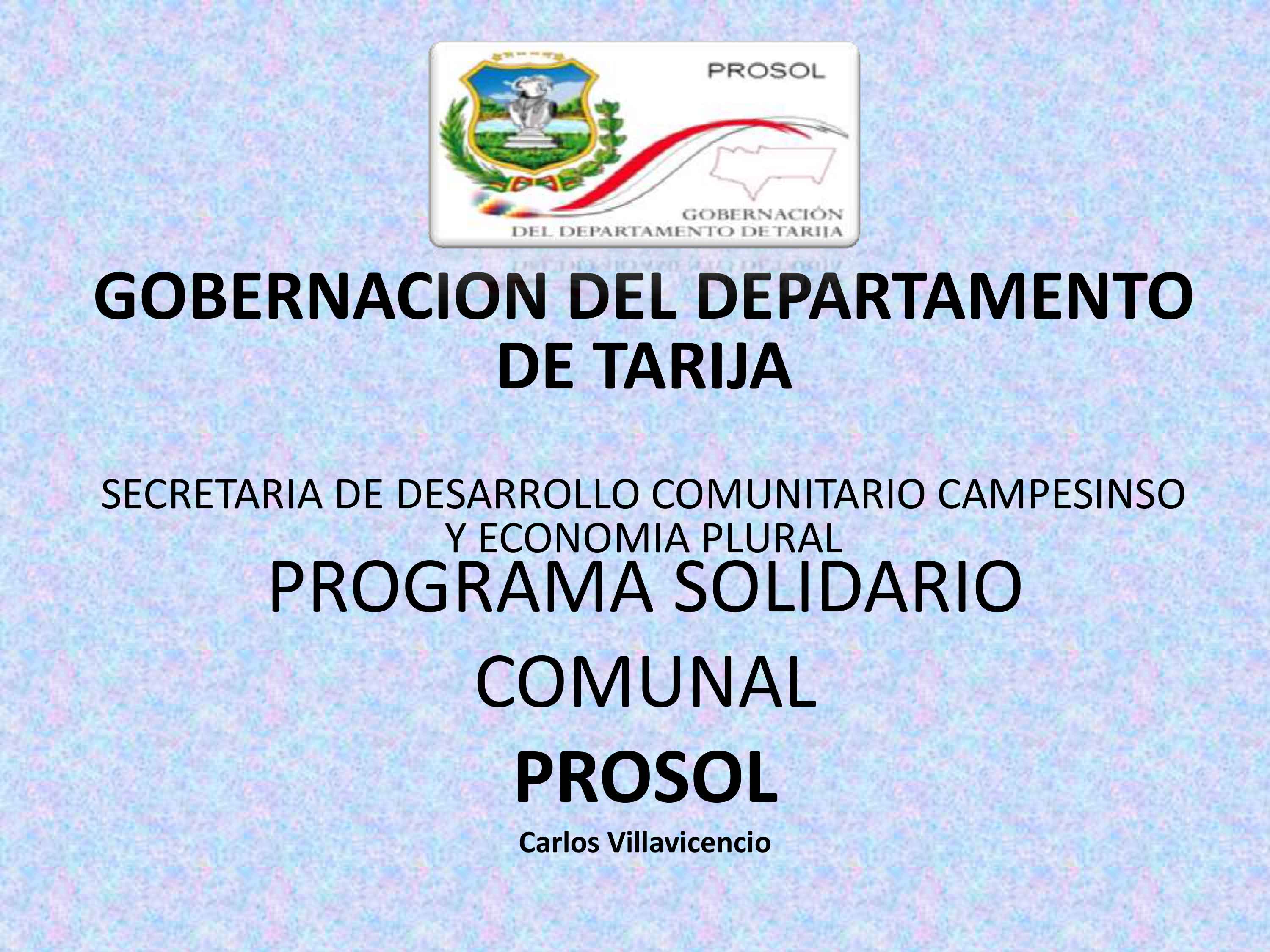Land and Natural Resource Alienation in Cambodia Land Tenure and Ownership
Land is the repository of memory and keeps traces of the past in the absence of a strong written tradition. It is perceived as an open book from which anyone can read and learn about local history: place names, old roads, legends and stories attached to places. For local people, bulldozing the landscape is seen as erasing their history, and disturbing social organisations and traditions. In Cambodia--as in many other countries--land is an extremely important economic resource and asset. Land is livelihood.










